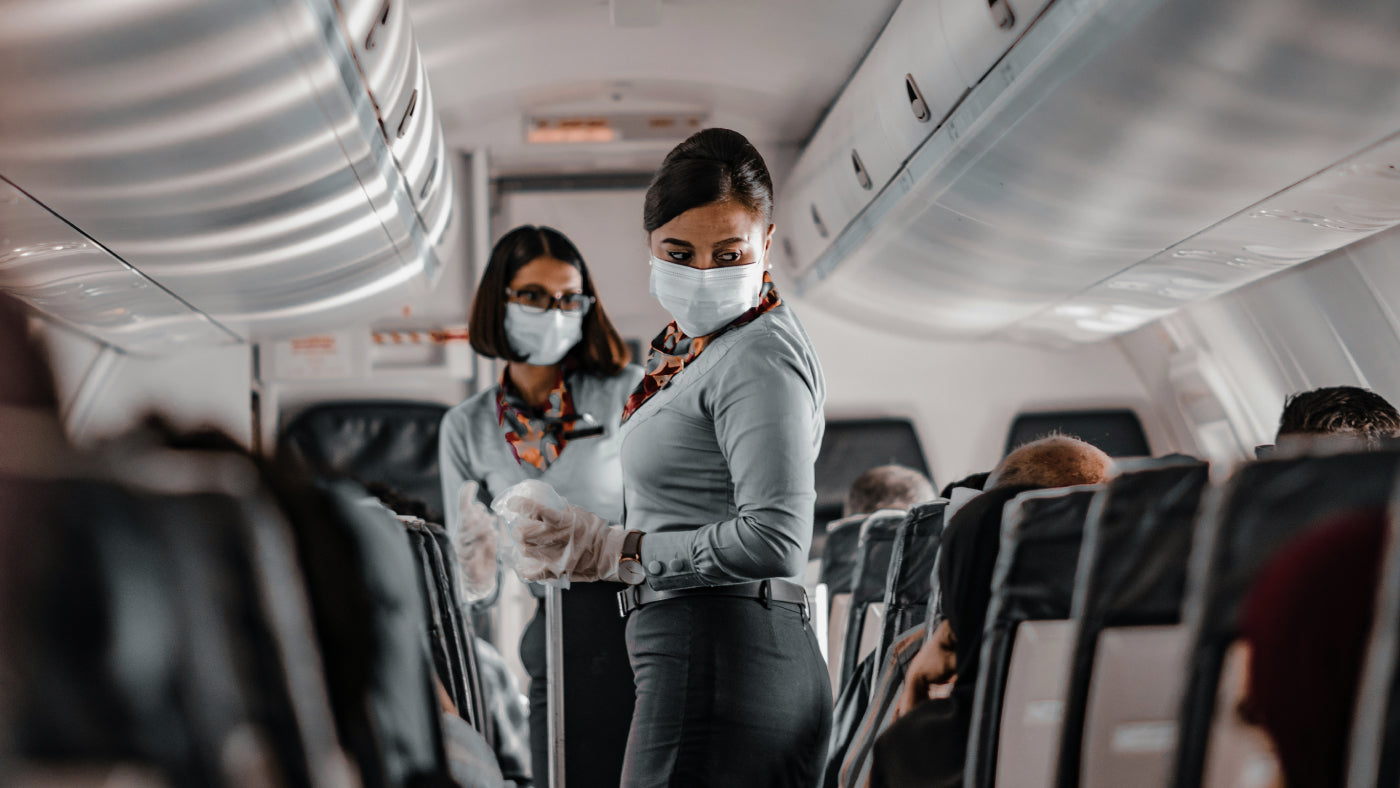As the COVID-19 pandemic surged in 2020, questions about the efficacy of face masks in preventing viral spread became a focal point. Today, four years later, we delve into the scientific insights regarding the effectiveness of face masks.
Insights from Linsey Marr
In a recent interview on 60 Minutes, CBS News chief medical correspondent Dr. Jon LaPook discussed this topic with Linsey Marr, a Virginia Tech university professor specialising in aerosol science. Marr emphasised the value of masks in reducing the risk of infection, stating, "They are very helpful in reducing the chances that the person will get infected because it's reducing the amount of virus that you would inhale from the air around you."
Understanding Mask Efficiency
While acknowledging that no mask offers 100% protection, Marr highlighted the effectiveness of masks certified with 95% filtration, such as the N95. These masks, named for their filtration efficiency, significantly reduce the chances of inhaling airborne particles carrying viruses.
Marr explained that masks act as filters, not sieves. They force virus particles to navigate through layers of fibres, increasing the likelihood of particles colliding with and becoming trapped by the fibres. This mechanism significantly reduces the amount of virus one might inhale.
Marr likened mask effectiveness to navigating a forest of trees, where walking slowly (using masks) allows for easier navigation compared to high-speed movement (no masks). While all masks offer some degree of protection, higher filtration masks, such as N95s, are preferred for their superior filtering capabilities.
Dispelling Misconceptions
Early in the pandemic, concerns arose about mask-wearing leading to increased infection risk if masks were touched and then contact was made with the face. However, subsequent research, including Marr's studies, found no evidence supporting this fear.
Marr's team conducted studies where they aerosolized the coronavirus and passed it through masks. They found that while some viral particles remained on cloth masks, no virus survived on N95 or surgical masks. Additionally, no infectious virus transferred to artificial skin when masks were touched.
Conclusion
The evolving scientific understanding underscores the importance of mask-wearing in mitigating viral infections. Masks, especially high-filtration types, play a crucial role in reducing the inhalation of airborne viruses. Marr's research contributes to dispelling misconceptions and reaffirms the effectiveness of masks in protecting against viral infections. As we navigate through ongoing health challenges, understanding and adhering to science-based recommendations remain paramount.
















Leave a comment
All comments are moderated before being published.
This site is protected by hCaptcha and the hCaptcha Privacy Policy and Terms of Service apply.